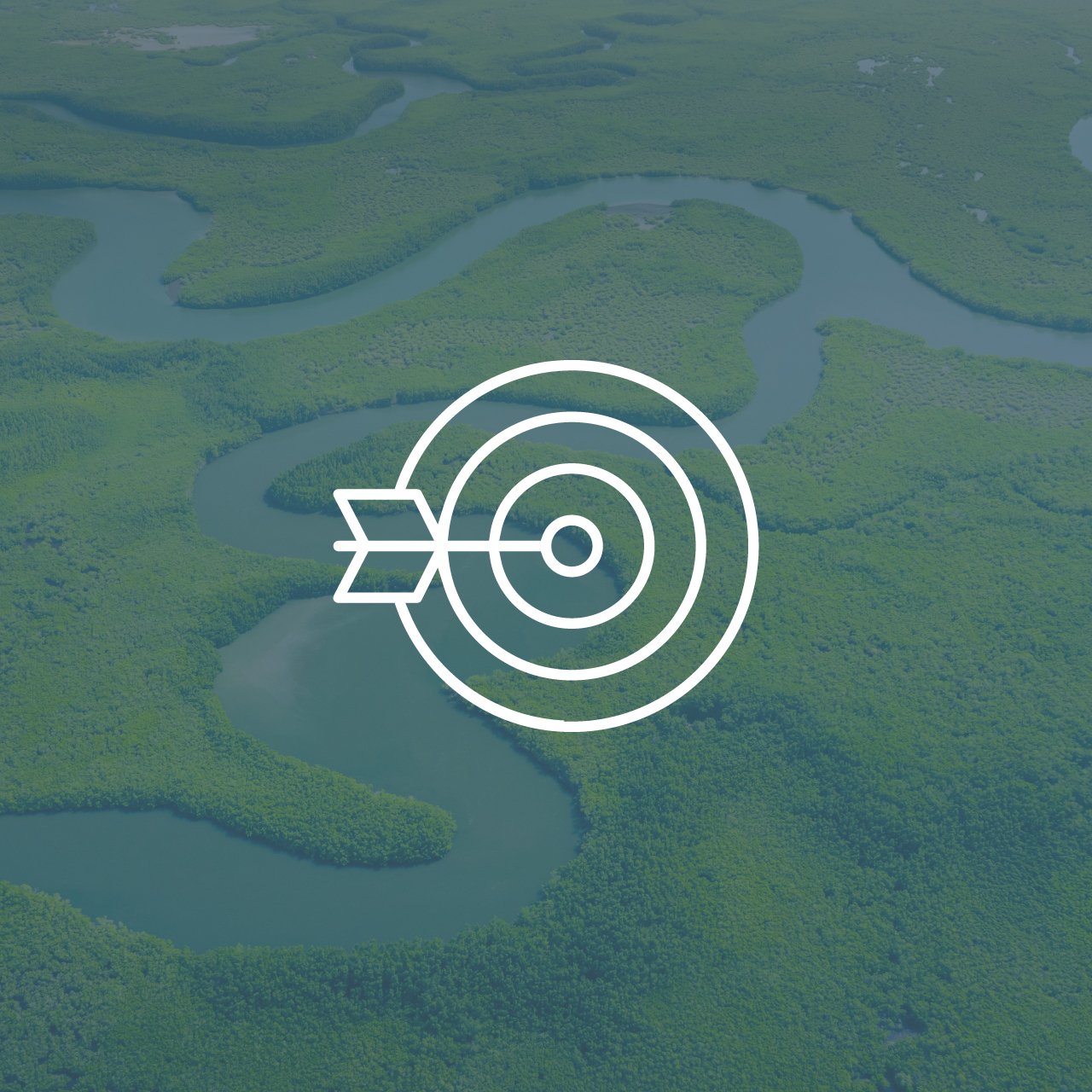Innovation Hub
Issue Targeting Research

Market research seeks to uncover ways to reach the right people with the right message. Until now, our movement has examined audience interests through a narrow lens, primarily centered on climate change. Yet with so many organizations and campaigns focused on specific environmental issues, there is opportunity for research to inform and expand our work, and to better reflect these many missions. As the research in this workstream displays, this can be a powerful way to engage more people, more effectively in our movement.
An issue-based approach may help your environmental organization better target key audiences (demographically, ideologically), and reach them more compellingly – for a more inclusive movement, and a more efficient media spend.
This active research and development workstream aggregates insights from across environmental organizations as we collectively learn about environmental issue priorities from survey research and develop models for targeting.
Membership Match Resources
Featured Projects

Environmental Issue Targeting Scores

Environmental Priority Survey

Innovate With Us
We are in this together – and welcome your inquiries, contributions, and ideas.
Reach out to: